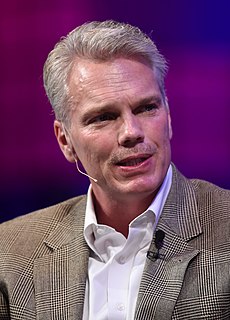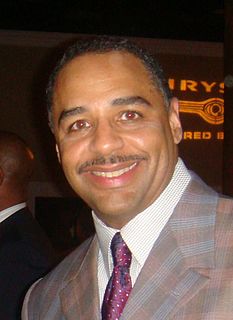A Quote by Parker Conrad
I'm not going to run my business on the basis of quarterly numbers.
Related Quotes
We live in a digital world where all is available at the touch of a screen. Money has been simplified, changed subtly over time from tangible bills to numbers in cyberspace. Cash is no longer in a cloth bag; it's numbers on a screen. Numbers that can be manipulated and modified. If you run out of numbers, you can just buy some more, right?
When people run a business and open their door to the public, they must serve the public. That doesn't mean they can't say whatever they want to say. It doesn't mean they can't believe whatever they want to believe. Those are protected also. But businesses must serve the public. And that's a principle that we fought for in this country over many, many decades, when some were invoking religious freedom as an excuse to deny people on the basis of their race, on the basis of their religion, on the basis of sex and on the basis now of sexual orientation. Let's not confuse one thing with the other.


































